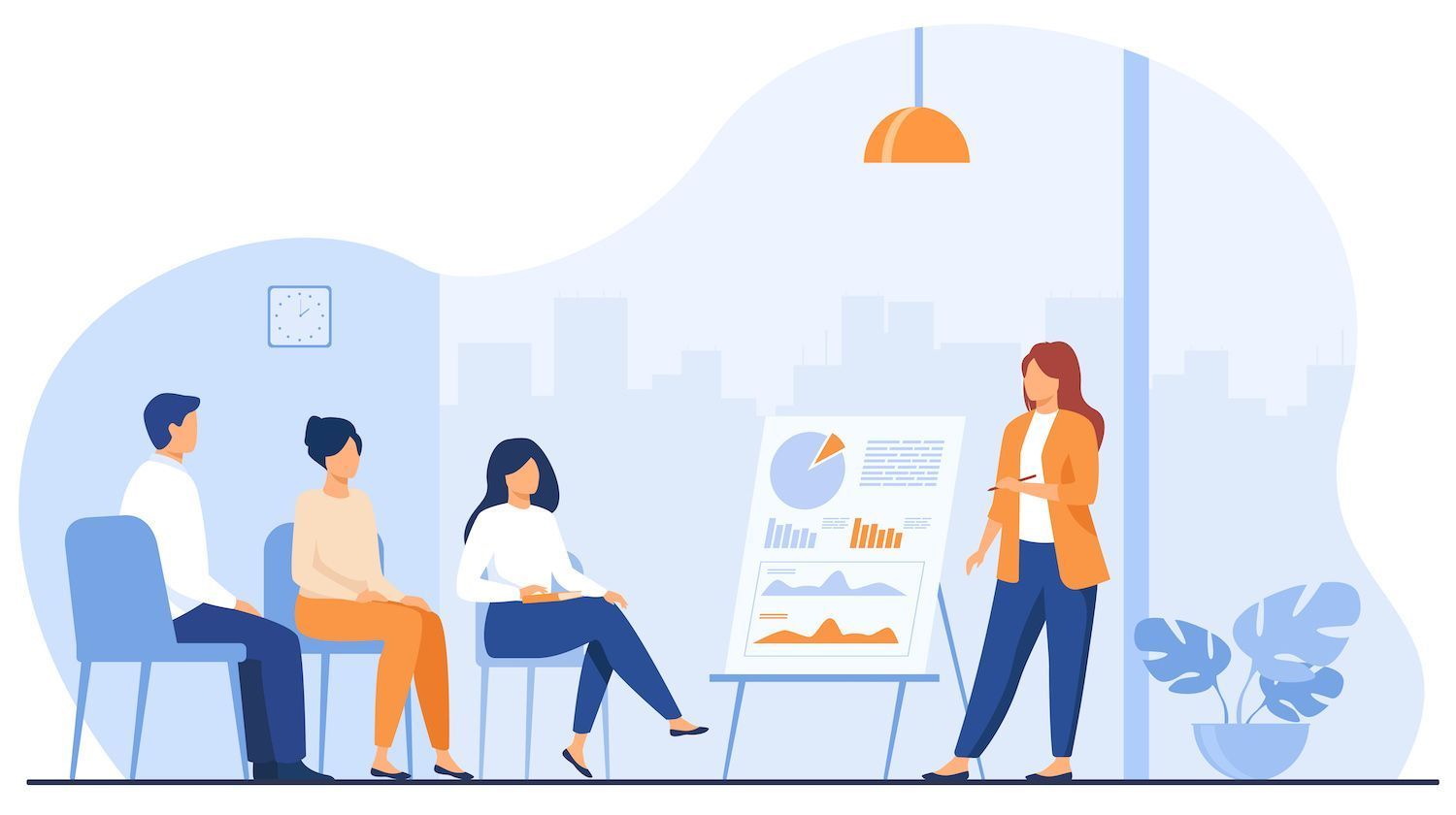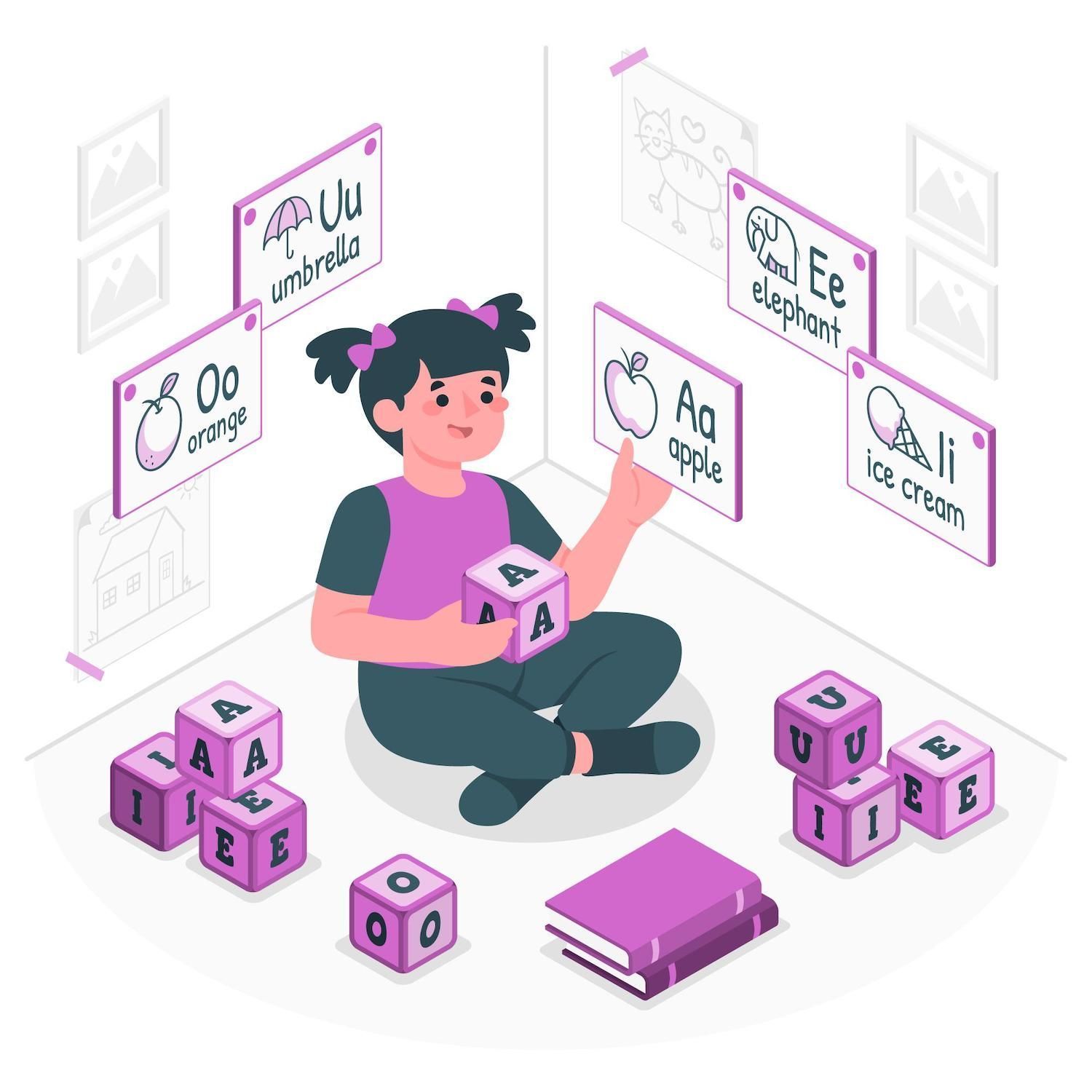The dangers of WordPress plugins ignorance (And ways to Combat it) The risks of WordPress plugins Ignorance
I was extremely upset.
My website was moving around for a long time, slow to load, and was completely unresponsive, so I determined to reach out to my host provider. What they told me was that it seemed to be connected with one plugin that I have on my blog.
And then the lightbulb in my head came to the surface. The reason for this was because I had just set up an entirely new plugin few hours earlier. The same time, my website started to behave strangely. It seemed a little odd.
It was a snap (well I'm not sure how fast) I signed in to my site, and then deactivated the malicious plugin. Bingo. Website restored to regular.
It's happened for almost every user of WordPress over any length of time: problems with plugins which cause websites to be down. Many of us still utilize plugins that download and uninstall in a flurry however are unaware of the potential risks at stake. Some users are well aware of about the risks we are facing and are able to indulge in our perpetual need for plug-ins without awareness of the dangers lurking around the corner.
It's true that most WordPress users tend to be naive when it comes to their sites. In this post, I'm going to highlight the potential dangers of plugins ( especially free ones) as well as offer my hopes that this article will serve as an effective argument in opposition to the ever-growing number of plugins to your WordPress website.
What harm can the Plugin Really Cause?
In simple terms, an WordPress plugin is an application which enhances the capabilities that is included in WordPress. It's a plugin that improves the functionality that are offered by the Content Management System (CMS). Plugins were created with programmers looking to enhance WordPress's capabilities without altering its fundamental structure.
Presently, and with over 28,000 free plugins being utilized, WordPress can do almost anything you can think of (and in the event that it isn't you can be sure that somebody is developing it).

The plugins are the heartbeat of WordPress. They've played a huge part in its swift growth and advancement to become the top of the WordPress CMS realm. Without plugins WordPress is a very limited website.
The plugin you decide to utilize can be very crucial in affecting how fast your site and for major of the time, it's an element of WordPress and can thus influence your entire WordPress installation. For example, my blog has recently had slowdowns attributed to one plugin. There is no doubt that the small number of files can be a huge influence on the performance of your blog.
To this end, WordPress users should be aware of the fact that they place their site's health in the hands of the developers every time they make use of extensions. If the developer has a good track record in his work and has the sense of responsibility, the likelihood of having problems with the plugin is extremely minimal (although it's far from sure). Many developers don't have control of the plugins they create.
When we install the plugin, any thing can occur. The speed at that your site is loaded could be greatly affected. This could wipe out. Indeed, untrustworthy developers create bad plug-ins (or hack into otherwise trustworthy plugins) but have no intention aside from causing individuals suffering. That's the danger is present each time we click the activate button.
The Problem lies the issue with WordPress.org

WordPress.org is wonderful due to a number of factors. However, it's not completely unflawed. At the time of writing there's an enthralling amount of plugins accessible on WordPress.org. However, the vast majority are
- No longer up-to-date
- buggy,
- bloated,
- Not secure or
- Combination of all or any of the preceding.
Even the strongest and robust plugins can be vulnerable to security vulnerability. As of May 13, Sucuri discovered an issue with security that was prominent in the widely-used W3 Total Cache and WP Supercache. WP Supercache plug-ins. These two plug-ins have been acknowledged with over 7.5 million downloads over all, which indicates just how much damage such security holes can inflict.
The same is true for the SEO Yoast plugin. in a recent blog post about ManageWP I addressed bugs in the well-known SEO Yoast plugin. Joost de Valk is a prominent designer. He quickly solved the problem, but WordPress.org discovered that many users had marked SEO Yoast's latest updates as not compatible.
SEO created with Yoast has reached its peak but these cases demonstrate that even the most highly-rated developers - can be assured to function in the event that of WordPress plugins.
WordPress.org is an advantage or a curse, and this is definitely an application which needs to be treated with care.
Security issues with WordPress
I've written about WordPress security often -- on my blog as well as on ManageWP and in a coming blog post about Smashing Magazine and beyond.
I've spoken to a number of professionals on this issue as individuals working directly in conjunction with the WordPress core. They all agree that they believe that the WordPress core is very secured. It is however possible for things to become complicated when it comes to being the WordPress core is influenced by external sources (from plugins in addition to the human factor).
If a WordPress user opts to change the password on the account they have created to "password" There is no way WordPress can do to defend it from attack by the power of brute. The issue isn't with WordPress but it's an issue of inexperience of the user.
If you, as an WordPress user decide for installing a program that is vulnerable to security issues at the root, you are not accountable for any consequences that follow. Any software is installed has the potential to run into security issues.
The most premium plugins are safe?
I am sure that if a study was conducted, it would be found that the ratio of buggy/bloated/insecure plugins to "healthy" plugins would be far more favorable amongst premium plugins. However, that doesn't mean the premium plugins are all great and it's not wise to think that way.
Personally, I'd recommend buying only from firms who have good, long-standing reputations.
If, for example, you install a plug-in or plugin via WooThemes (free or otherwise) you are assured that it has been developed carefully and is likely to have no detrimental effect on the speed, security or performance of your website.
If, on the other side, you stumble across an online site you've never heard of before and that claims to sell a great plug-in, it's best to be on guard.
If You're Not Sure, What Do You Do Now?
It's not saying that you should remove all of your plugins and scurry off into the corner lying on your back in a fetal position. However, I recommend suggesting that you take into consideration the importance of every plugin you've put on your site carefully. It could be unsafe, could be draining your resources, or could be slow and inefficient. However, if you don't have it not in the system, it will not be able to interact with it.
Recently, I looked at the functions of my website and could get rid of 60percent of the used plugins without affecting the performance. While I've replaced some functions of plugins with easy (and simple) code fragments, I realized that most other functions don't require the usage of a plugin. In particular, while plugins that allow you to swiftly insert the tracking codes for your website can be useful for beginners however, those who have constructed the theme prior to this point shouldn't have a trouble putting in the code header.php.
In the event that you're left with an (hopefully) less number of plugins to choose from, conduct another review to ensure that you really need each one. You're likely to be astonished after having an impartial review of the list.
After that, it's the right time to conclude your clean. Think about the following issues for each plugin:
- Who is the person who invented the concept?
- The last time this was changed?
- Does it have a sturdy base?
You should know what to do based on your answers to the questions.
Final Reflections
Your website is safe and reliable according to the codes it's constructed. It is recommended that plugins come from trusted developers.
There are also many available plugins that are responsible developed as well as extremely coded. Make sure you do the necessary research to ensure you're not using harmful plugins.
The majority of high-end plugins are reliable, but it doesn't mean that every one of them are trustworthy. Beware of making presumptions.
If you are unable to find a solution, then you could stick to the standard wisdom: less is more.
Do you have any specific guidelines for integrating plugins into the WordPress site(s) or are you thinking regarding plugins? Do you have any suggestions? Please post them in the comment section below!
This article first appeared on here
Article was posted on here
